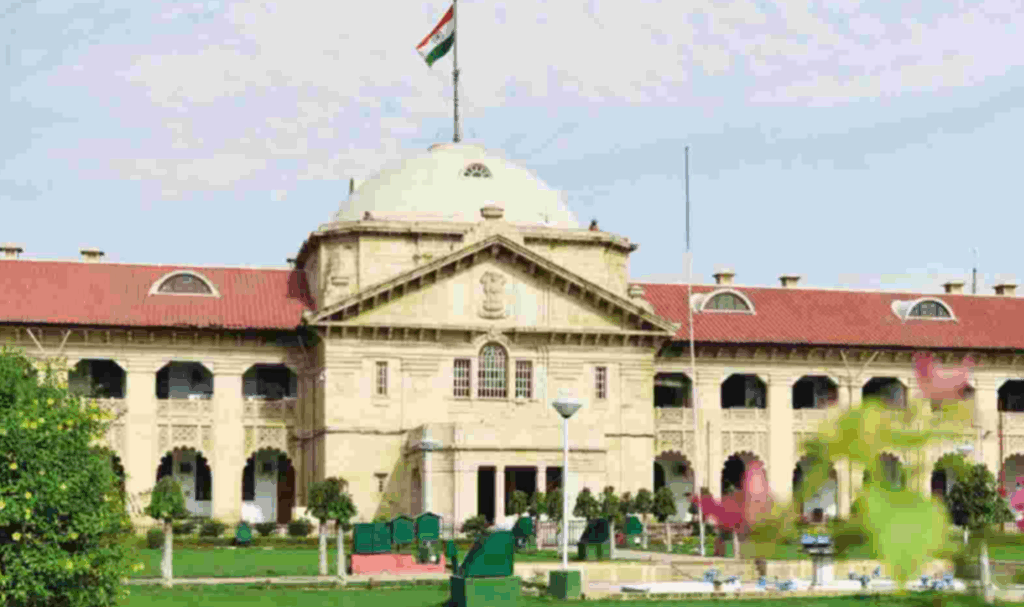Shreya Gupta
On 21st July 2025, the Allahabad High Court bench, comprising Chief Justice Arun Bhansali and Justice Jaspreet Singh, issued a stern rebuke to the State Government officials. The Court expressed serious concern over the non-compliance of its orders by state authorities.
The Court observed that the conduct of the officers, who ignore judicial directions until contempt notices are issued particularly when personal appearances are mandated, is highly inappropriate and unacceptable. The judges noted a recurring pattern where state officers only begin to comply with court orders after the threat of contempt proceedings becomes imminent, and even then, action is often delayed until their personal appearance is mandated.
Furthermore, the Court criticized the State for routinely filing appeals with significant delays, often accompanied by applications for condonation of delay, which it regarded as a reflection of a casual and neglectful approach toward judicial timelines.
The case in question pertained to a special appeal filed by the State Government challenging an order of a single judge, which had directed the State to continue the employment of certain respondents and pay them arrears of salary. The appeal, however, was filed with a substantial delay of 345 days. In its application seeking condonation of delay, the State cited administrative reasons, claiming the delay was unintentional and bona fide. However, the respondent countered this claim, labeling the justification as concocted and pointing out that the State took cognizance of the single judge’s order only after six months of its issuance.
Upon examination, the High Court found that although the State claimed to have sought legal opinions from the Standing Counsel and Chief Standing Counsel, no evidence of such action was presented on record. Moreover, the reasons behind the delay in obtaining opinions or the necessity of obtaining multiple opinions were neither documented nor explained.
The Court noted that the affidavit submitted merely offered a superficial timeline and generalised statements about government procedure, without establishing any “sufficient cause” as required for condoning such a long delay. The State’s justification relied on vague references to internal administrative processes and “unavoidable and unspoken circumstances,” which the Court deemed insufficient and lacking in credibility.
Ultimately, the Court concluded that the State had taken the limitation period under the Limitation Act for granted, showing disregard for statutory timelines. The appeal appeared to be filed only in response to contempt notices rather than due to any proactive legal diligence. Rejecting the condonation application, the Court dismissed the appeal as time-barred, underscoring the importance of procedural discipline and the duty of government authorities to act responsibly and in compliance with judicial orders.
Case Title: State of U.P. through its Additional Chief Secretary, Department of Basic Education, Government of U.P., Lucknow and others v. Jai Singh and others
Case Number: SPECIAL APPEAL DEFECTIVE No. – 276 of 2024
Bench: Justice Arun Bhansali and Jaspreet Singh
Click here to access the order
Instagram: Click Here
LinkedIn: Click Here
For Collaboration and Business: info.desikaanoon@gmail.com

